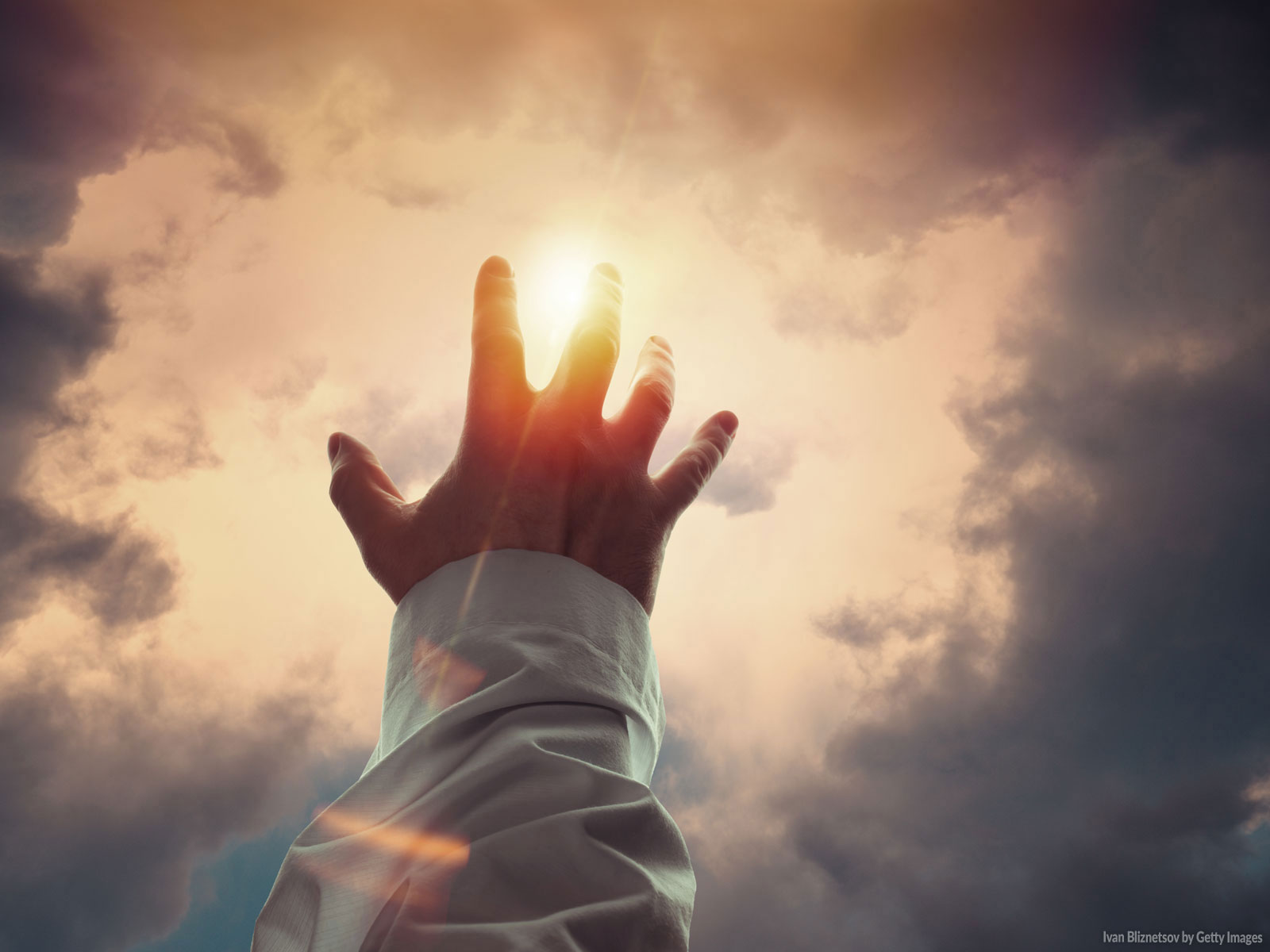PAROUSIA
We can understand the second coming of Christ as an essential part of our salvation history
In speaking of the coming of Christ, St. Bernard of Clairvaux reminds us of the intermediate coming between the first, that of the Incarnation, and the second, that known as Parousia. The intermediate coming is through the sacraments, through the presence of the Lord in us. In fact, Scripture says, “If anyone loves me, he will keep my word, my Father will love him, and we will come and make our home in him” (John 14:23).
According to St. Bernard, in the middle coming each one perceives Christ in himself and receives salvation. He further says that at the first coming the Lord came in the weakness of the flesh; in the intermediate, comes spiritually, manifesting the power of his grace; in the latter, will come with all the splendor of His glory. It is for us to reflect on the latter, known as the second coming of Christ, that of Parousia, the splendor of His glory.

Credits: Ivan Bliznetsov by Getty Images
The sense of glory here does not want to diminish the sense of the first coming in the Incarnation in humility and the power of His love, but to emphasize the following truth: the Christ who will come in glory is the same in the radiance of His humility, kindness and justice. The Christ who will come in glory will appear with the same will to save all, which does not mean the acceptance of all. Thus the Parousia, in a sense, is the consummation of the Incarnation.
What do we find in the Holy Scriptures about the second coming of Christ?
To get into this theme, let’s think about creation. Let us understand that, in speaking of creation, this does not mean that the world originated in time, but that time came to have origin with the world.Creation is an event beyond space and time, and we can not think of it only in view of these two categories that make human history possible. The world was created by God over time and not in time.The world, space and time originate from the eternal and creative will of God. As in creation (cf. Gen. 1: 1f), the consummation of the world will also occur with time and space, and not in time and space, therefore, not the we must think about the limits of our way of knowing.
The consummation of this world will take place in the experience of the Resurrection of Jesus and of each of us, no longer in a way bound to the categories of this world, will be a reality that will occur in the world, but will be beyond it. That is, it will be a historical reality, but it will transcend it.
What does the Catechism of the Catholic Church say?
The glorious return of Jesus is an event linked to the Last Judgment / Universal (cf. n. 1040-1042). As to when this will take place, nor does the Catechism affirm, it only says that “only the Father knows the hour and the day of this Judgment.” Through the Son, He will pronounce His final word on all history.
The Catechism further states that “from the Ascension, Christ’s coming in glory is imminent, although we do not know the times and times which the Father has fixed with his own authority” (Acts 1: 7) … before the coming of Christ, the Church must go through a final ordeal that will shake the faith of many. Persecution accompanying his pilgrimage on earth will expose the ‘mystery of iniquity’ in the form of a religious imposture, which will bring to men an apparent solution to their problems at the cost of the apostasy of truth “(n. 674-675).
Read more:
.: Announcing the name of Jesus as we await His coming
.: The Two Comings of Jesus Christ
.: What are the signs that Jesus will return?
Links are to pages translated by Google Translate
As Christians, let us live this time in hope and vigilance, in the certainty that the Church will enter into the glory of the Kingdom only through this last Passover, in which she will follow her Lord in His Death and Resurrection. God’s triumph over the evil revolt will take the form of the Last Judgment after the last cosmic shock of this passing world, as the Catechism states (n. 677).
Thus, we can understand the second coming of Christ as an essential part of our salvation history. As long as He does not come, we have to choose Him every day, without denying His grace in us, lest we become “judges” of ourselves, denying the grace of Christ in us, which would be something terrible and sad. What we want is the joys of eternal life in God.
Come, Lord Jesus!
God bless you.
reference:
BERNARDO DE CLARAVAL. Sermo 5 in Adventu Domini, 1-3: Opera omnia, Edit. Cisterc. 4 [1966], 188-190 apud LITURGIA das Horas I, Ofício das leituras da quarta feira da primeira semana do Advento.
CATECISMO DA IGREJA CATÓLICA, São Paulo: Edições Loyola.

